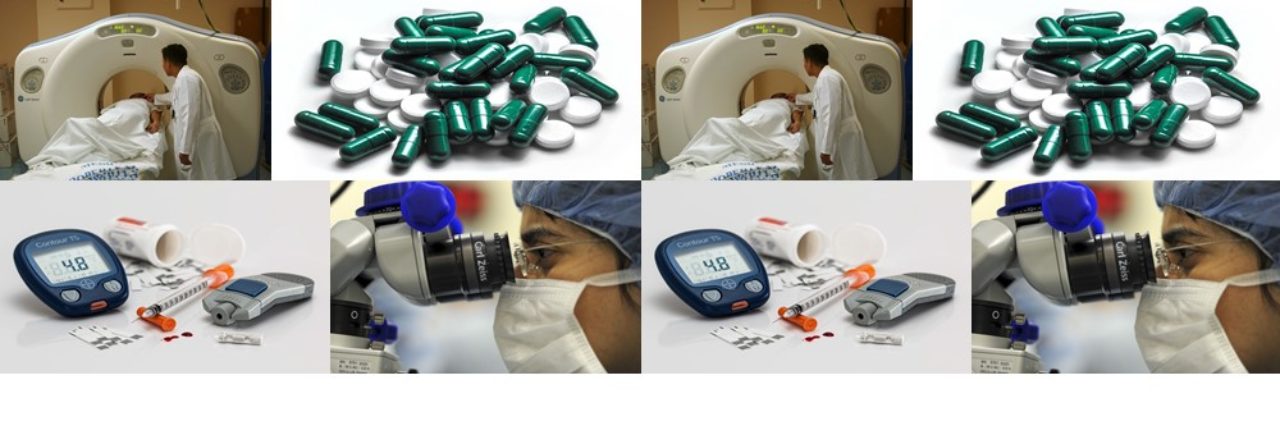Teachable moment in classrooms:
- nervous system chapter – functions of neurons
- nervous system chapter – function of synapses in neuronal communication
- immune system chapter – role of antibodies to speed up phagocytosis
- blood chapter – function of neutrophils, monocytes and macrophages
The news item: Recently the following report appeared online:
First Alzheimer’s drug to slow disease, Leqembi, gets full FDA approval
Leqembi is not a cure, but it is the first drug shown to slow the progression of Alzheimer’s disease. It first received an accelerated approval from the FDA earlier this year.
The article states that Leqembi slows the progression of Alzheimer’s disease in early stage Alzheimer’s patients, because Leqembi can remove the disease-causing plaques from the brain, and prevent their formation. The article also states that the plaques prevent neurons from talking to each other.
So, Why Do I Care?? Alzheimer’s disease (dementia) affects almost 7 million people in the USA. The memory loss at first reduces the quality of life, and then makes the patients dependent on daily nursing care. All the while the patients no longer recognize family members, or items in their environment, making it difficult on the families. Because there is no effective treatment or prevention for it, pharmaceuticals even with moderate effectiveness can have positive impact on both the patients and the families.
Plain English, Please!!!
First, let’s talk about what Alzheimer’s disease is. Recalling memories is a function assigned to groups of neurons, sometime called neuronal circuits. Each circuit may have thousands or millions of neurons, and the communication between the members keep the circuit functioning. Each time you remember something, neurons of a memory circuit are activated. Think about the “wave” you see in sporting events where the spectators stand up and raise their arms and then sit down forming a moving “wave. Each spectator is a neuron, and their collective action produces a “wave”, the recalling of a memory. In Alzheimer’s disease the neurons of the memory circuits malfunction, and when those neurons try to act in a coordinated fashion, their activity, their “wave”, their recall of memory becomes weaker leading to loss of memory. A few years into the disease large number of neurons may malfunction and die and complete the loss of memory may happen.
Second, let’s talk about why neurons are thought to die in Alzheimer’s disease. The most widely accepted theory is that the buildup of clumps of amyloid peptide, also called senile plaques, outside the neurons
